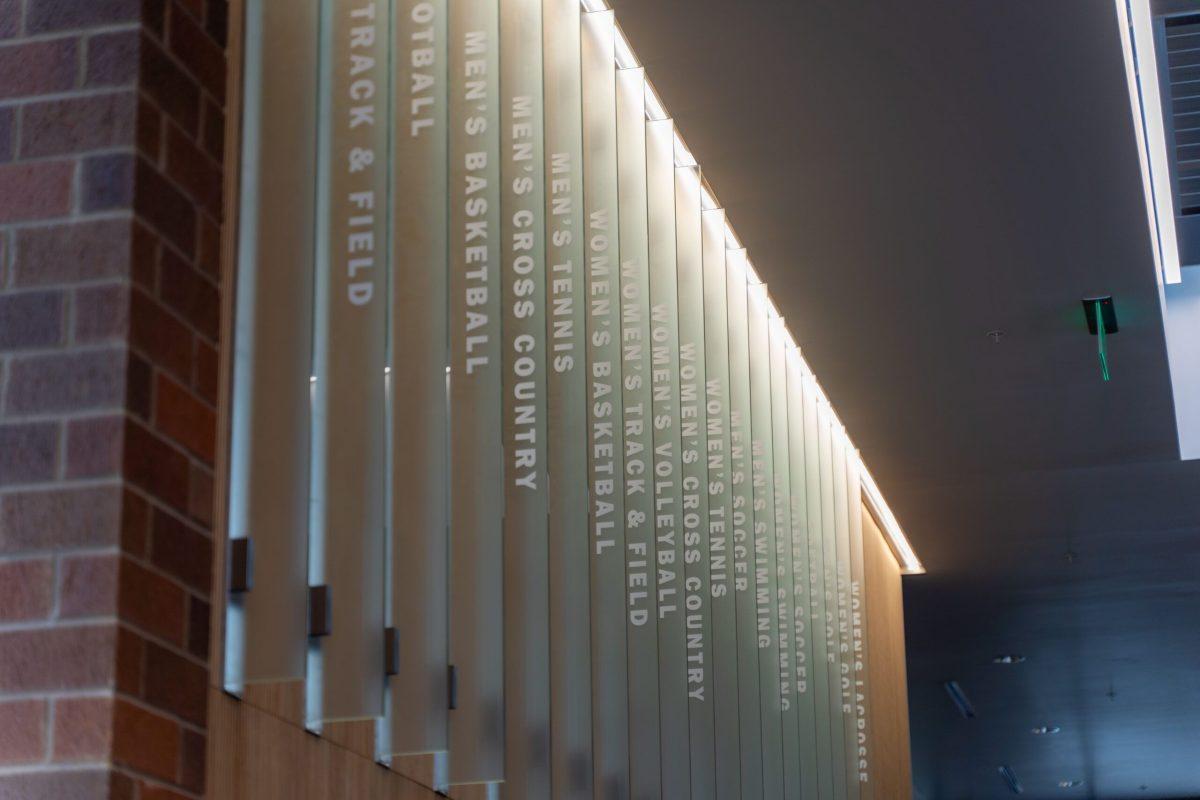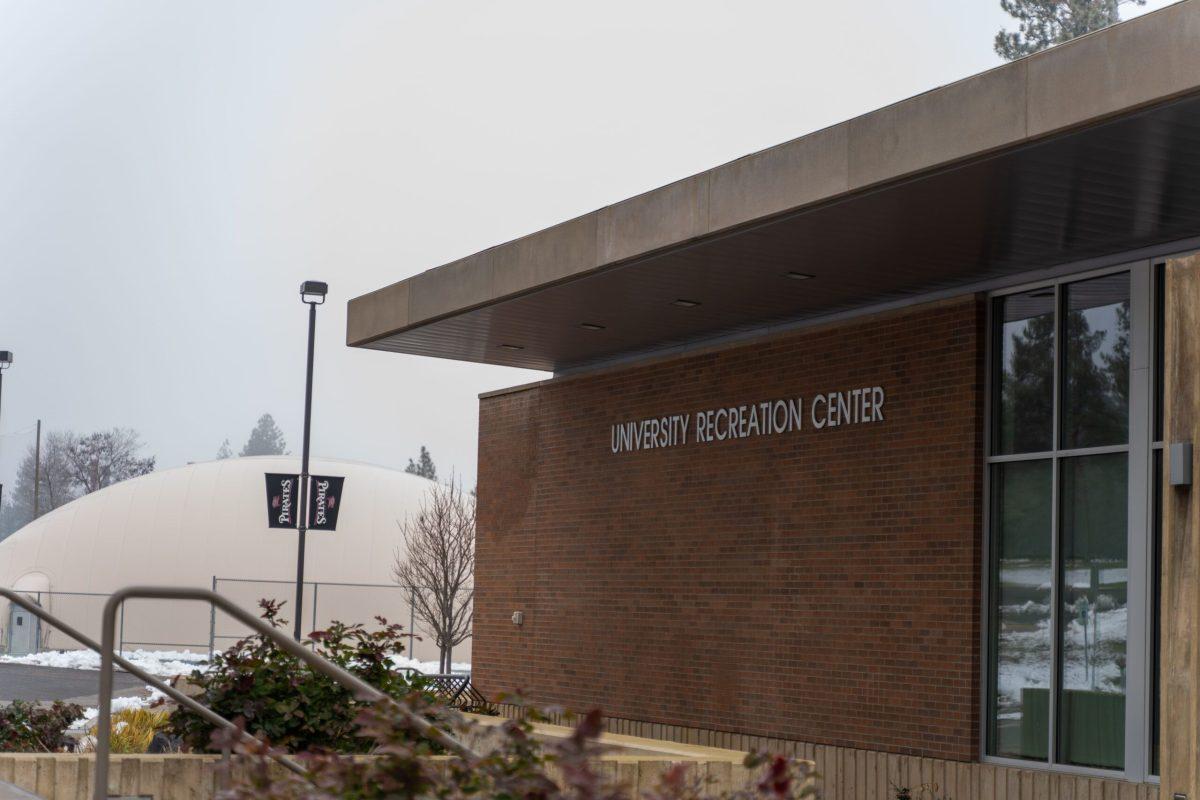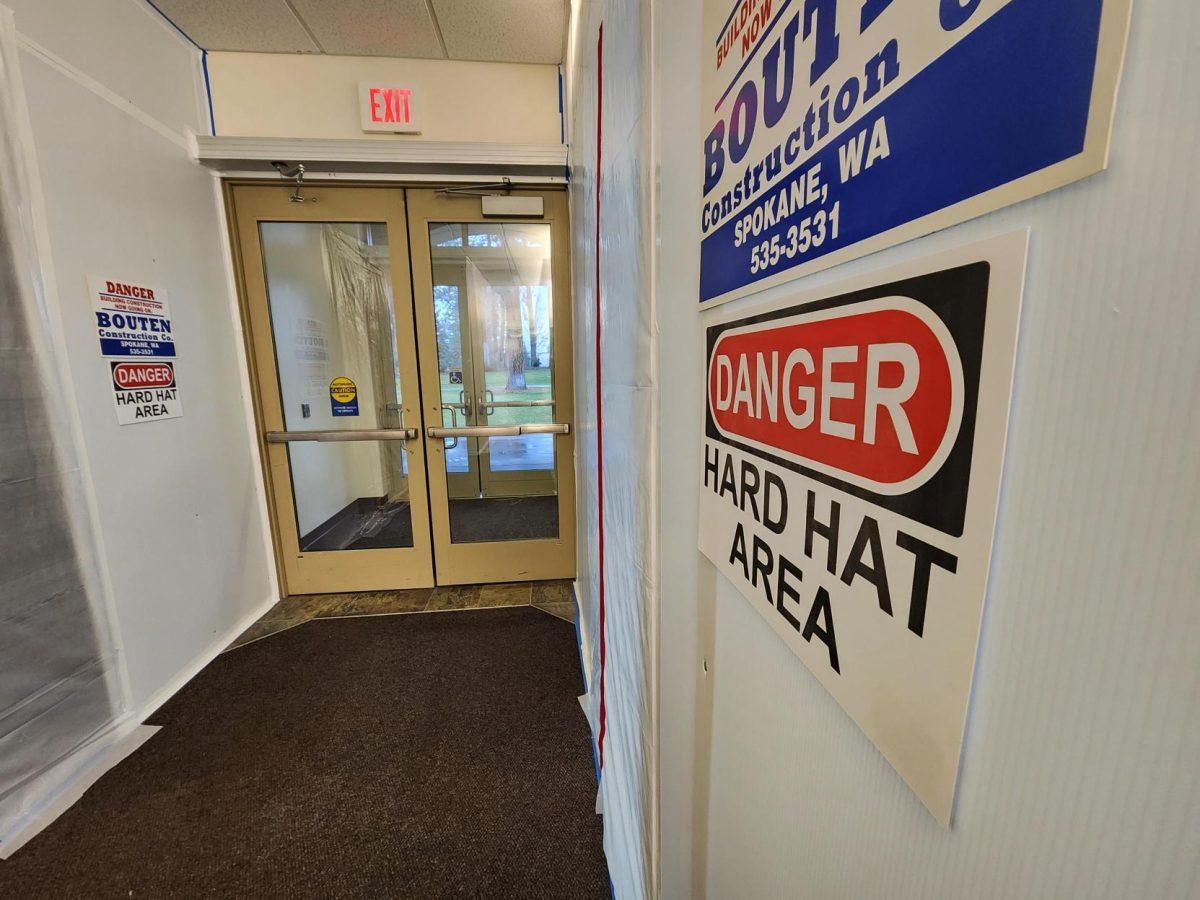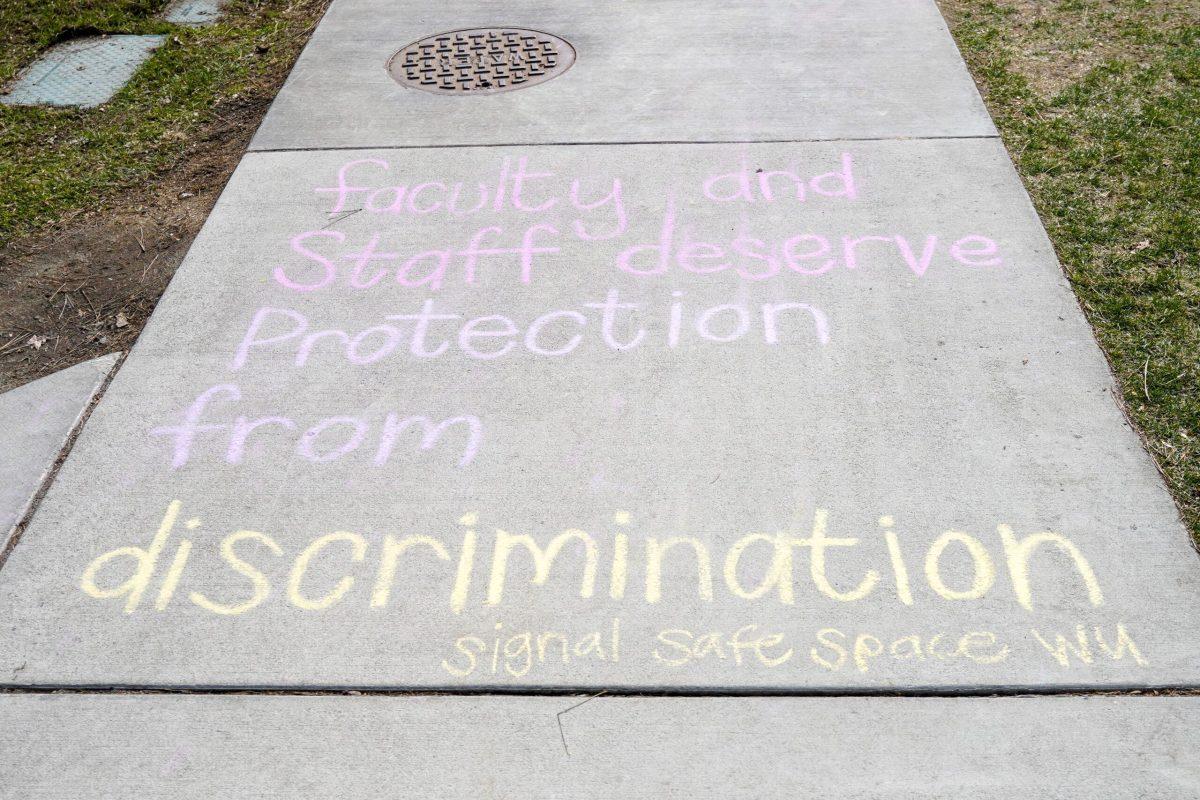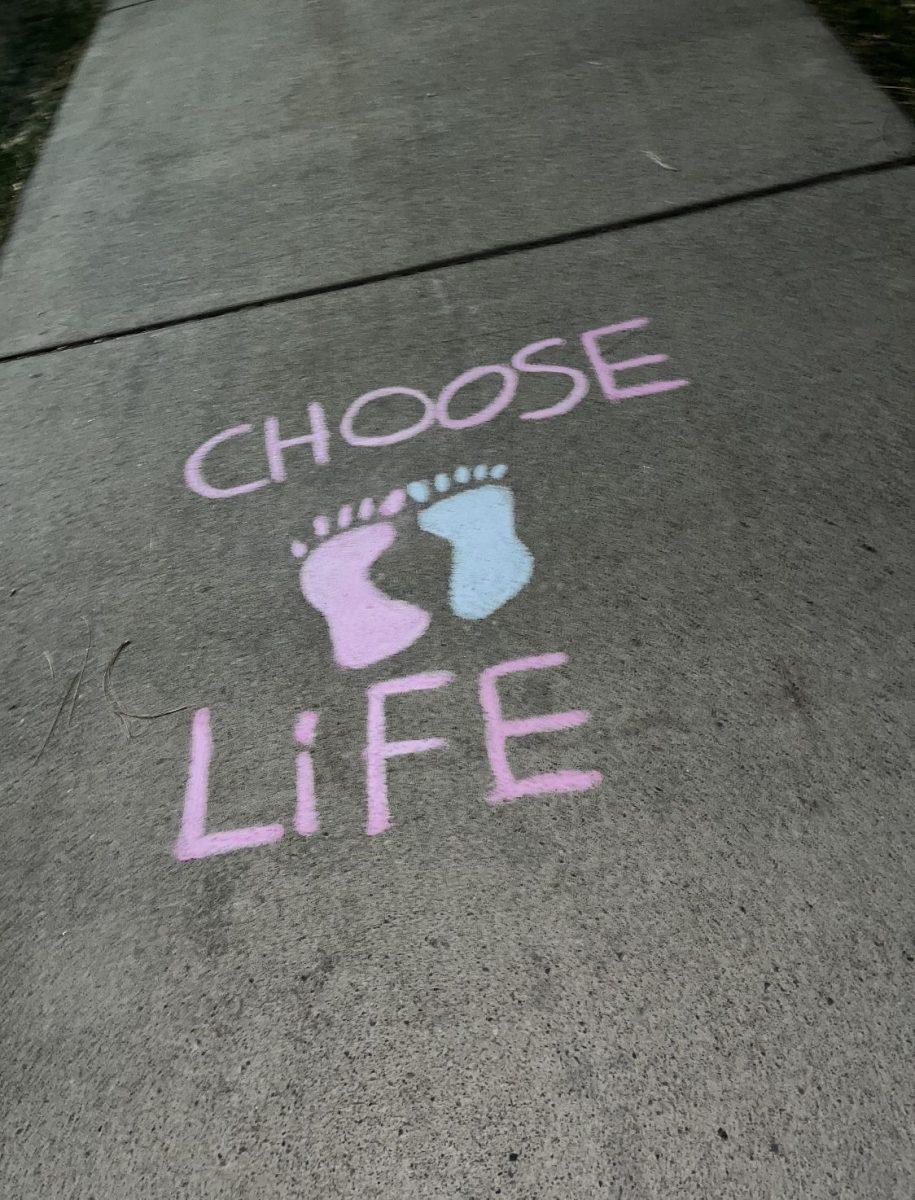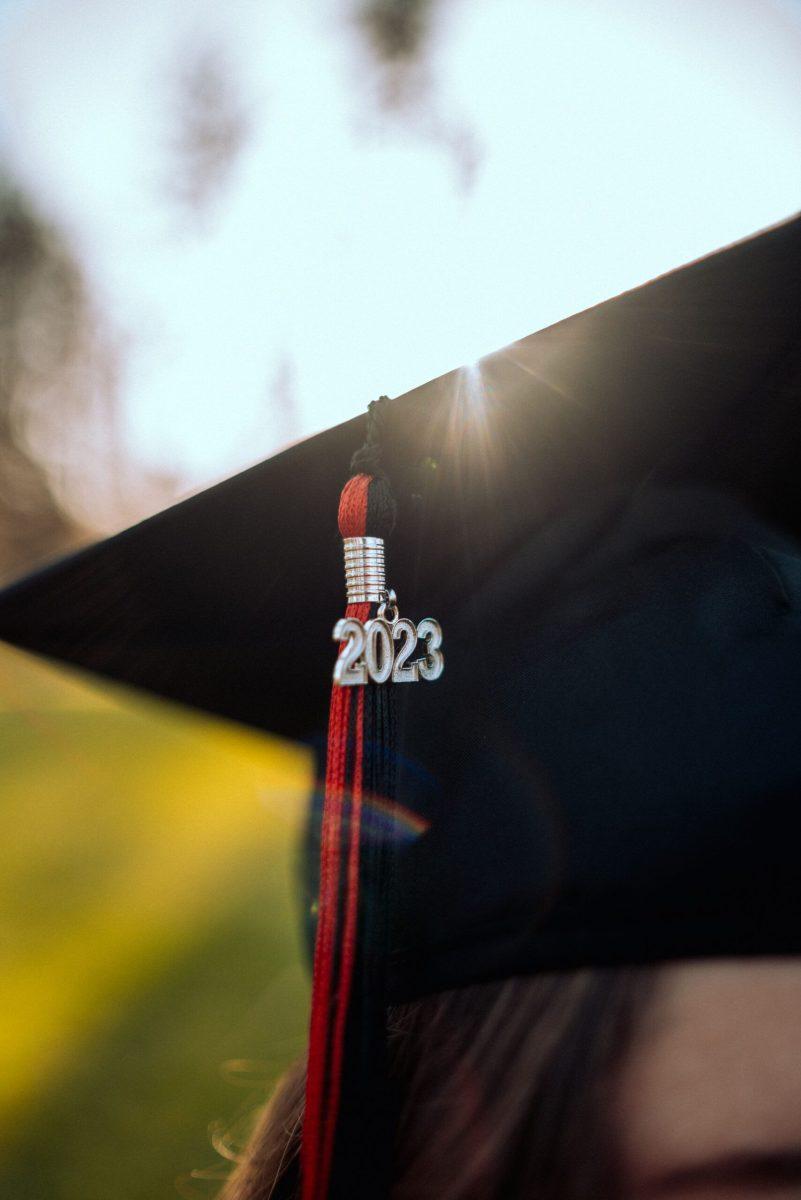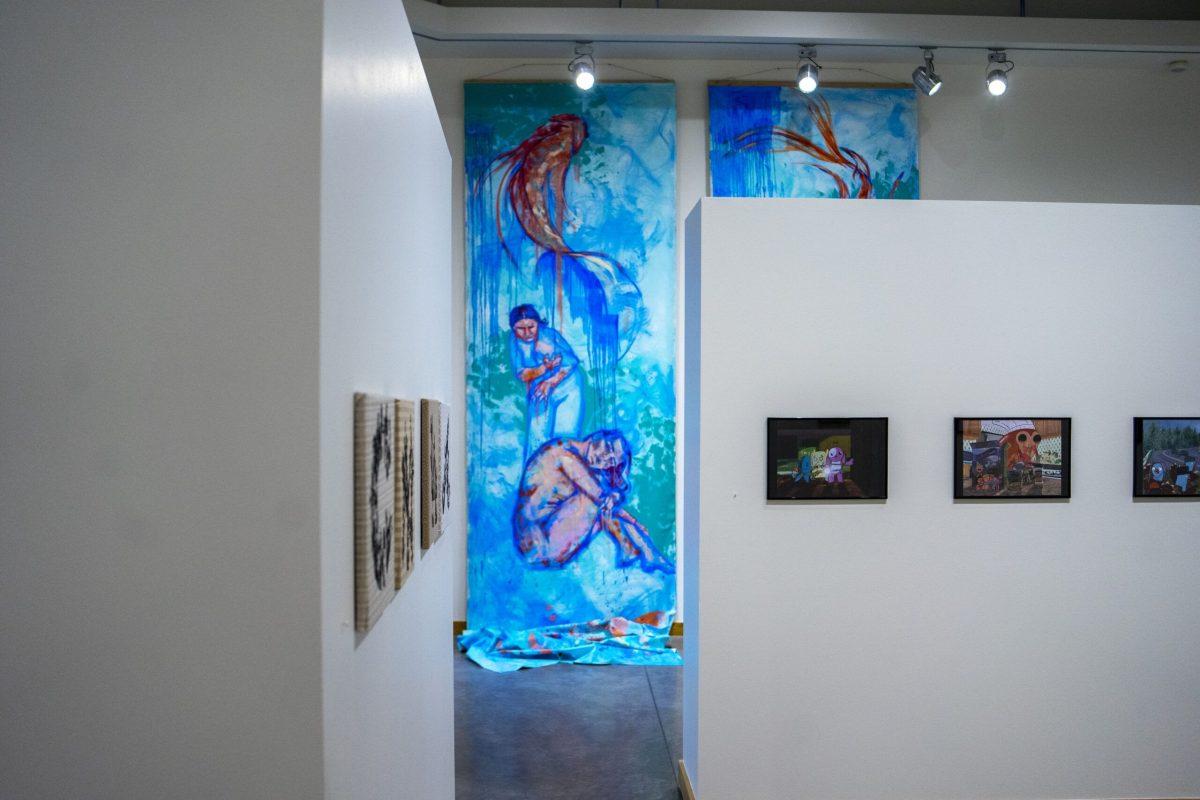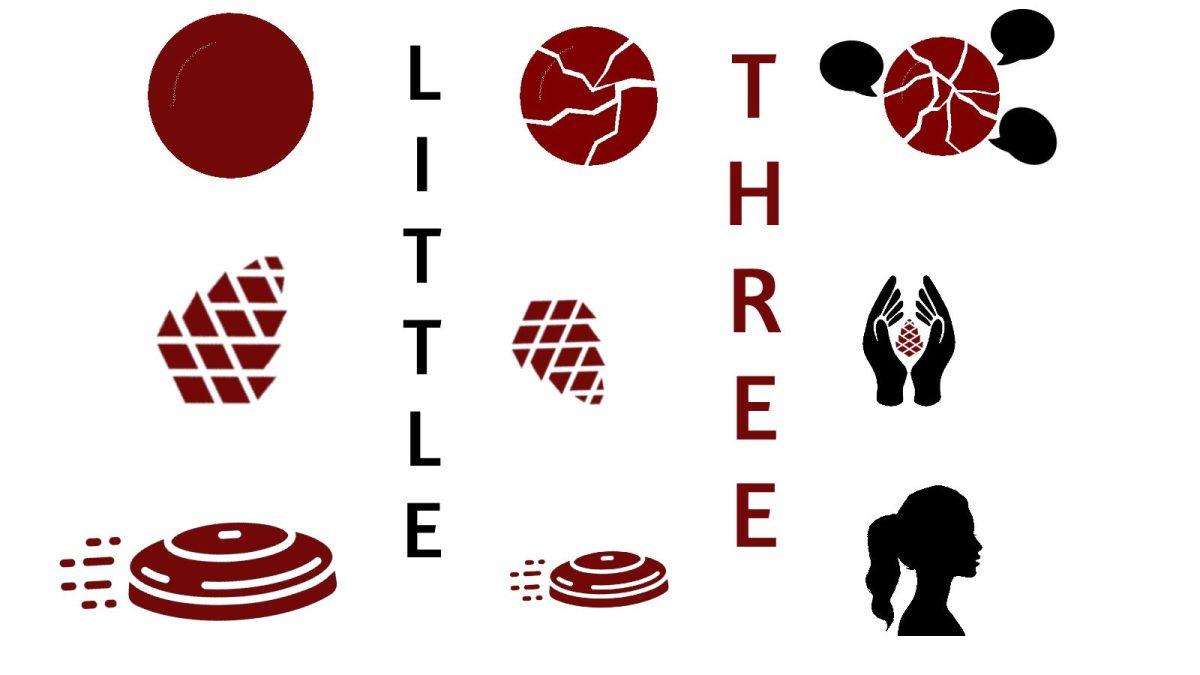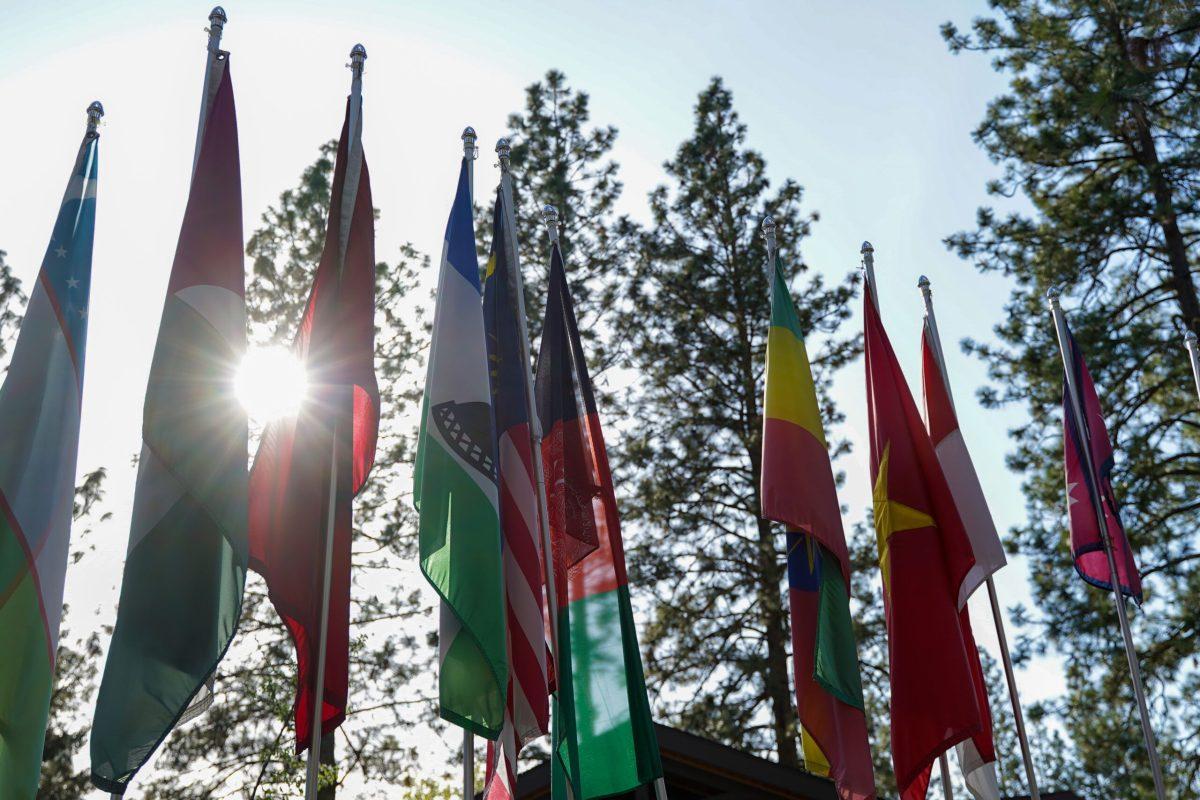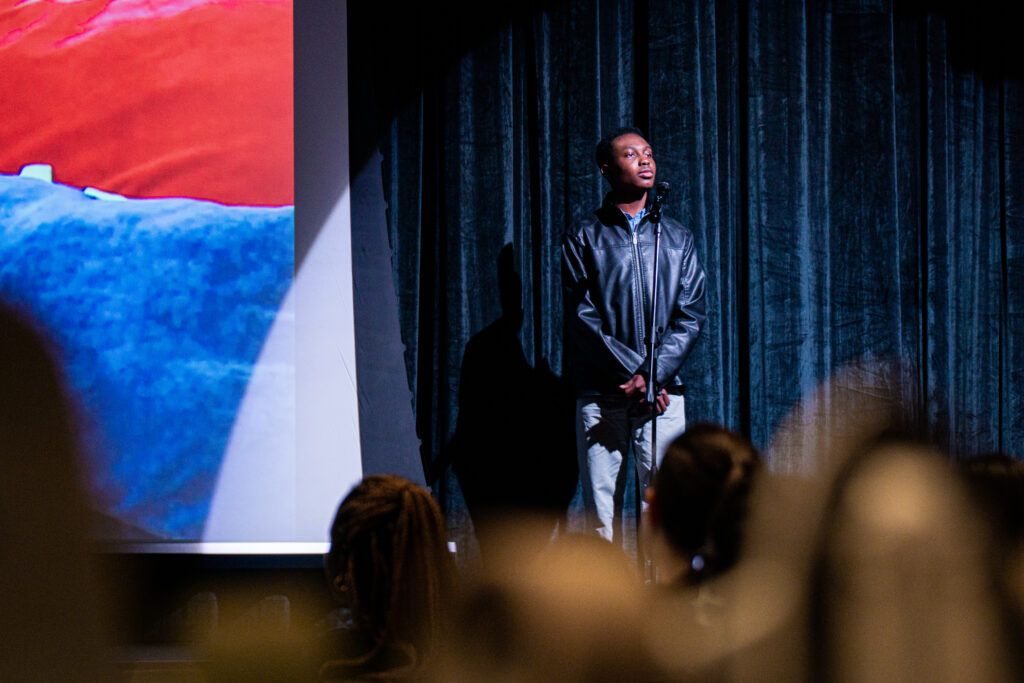
On Thursday, April 20, at 7 p.m., eight students presented original compositions on the theme of belonging for Whitworth’s Eighth Annual Diversity Monologues. The Diversity Monologues are important in spotlighting minority voices and stories to create relationships, according to Director of Student Diversity, Equity and Inclusion (SDEI) Ayaka Dohi.
“Diversity Monologues is intentional in inviting and selecting pieces that deserve the mic to be heard by our communities,” Dohi said. “You can’t help but have a relationship with someone who’s standing in front of you, telling you their story about what it means to experience something that you’ve never felt before.”
SDEI selected belonging as this year’s theme for two reasons. A sense of belonging is a basic need of the Whitworth community that students need in order to thrive, Dohi said. Additionally, with much of the conversation coming from the university side this year, SDEI wanted to emphasize student input.
“We didn’t want belonging to be another buzzword you see on posters,” Dohi said.
Students were selected to perform their monologues after the initial submission phase, where any student could submit a written piece for review. If a student decides to audition, they deliver it in front of a committee of SDEI leadership and past poet-scholars to be evaluated on preparation, creativity and personal relevance. Based on those criteria, the committee selects a diverse set of monologues to be presented, while the rest are inscribed in a booklet.
This year, poet-scholars Charis Tiamson, Brielle Dillon, Dollar Ganu, Annika Avina, Logan Bateman, Sierra Pauley, Janeth Beltran-Apodaca and Celia Vigil presented their monologues.
As Whitworth community members filled nearly every seat in Weyerhaeuser’s Robinson Teaching Theater (RTT), the lights dimmed and a video began to play. The question, “What is belonging?” appeared on screen, followed by a montage of each of the eight poet-scholars answering the question based on their own monologue.
The event then had introductions from Dohi and SDEI’s BUCS Bridge Coordinator, Whit Jester, followed by a land acknowledgement and an opening prayer by two past poet-scholars. Then this year’s artist-in-residence and Emmy-nominated poet Christian Paige took the stage to emcee the event.
“It is so good to see this room full,” he said, adjusting the microphone stand and peering from the pool of light into the crowd. “Some places have not yet learned to fully love everyone. . . . What you hear tonight, please do not let it fall on deaf ears. Diversity, equity and inclusion is a game of consistency, not a game of intensity.”
He read a poem of his own on trees, the prelude stating, “A lot of people have thrown dirt on seeds and forgot that they would grow to be trees.”
After his poem, he introduced Charis Tiamson to present the first monologue. She spoke of belonging as a lifelong pursuit that is both peaceful and fleeting.
Dillon then gave her own monologue, which spoke to the rift between belonging within the queer community and belonging in the greater community. Ganu went next and addressed how belonging means to see one another. Using clever wordplay, Ganu insisted that community is you and I, but we cannot live in community if you don’t see I.
Avina followed Ganu and spoke to finding belonging within oneself through the realization of self-worth. Next was Bateman, who compared belonging to stones tumbling through a river that are shaped by and shaping others, rather than pieces fitting into a puzzle.
Pauley’s monologue spoke to the contrast of anxieties and what-ifs in the brain, juxtaposed with the comfort of the heart saying she is loved and she belongs. Next was Beltran-Apodaca, who highlighted the importance of spoken word poetry to express the realities of mental health and the discomfort it can bring.
Finally, Vigil closed by pointing out that one must belong to oneself first, by giving oneself permission to be who one is.
Between some of the student monologues, Paige rallied the audience for applause, emphasized a student’s memorable line or read another piece of his own. Each scholar received ripples of snaps and murmurs of assent during poignant moments or evocative statements in their pieces. At the very end, all eight scholars returned to the stage to beaming smiles, thunderous applause and a standing ovation.
“Do not let tonight be the only night we celebrate the voices of people who are not typically heard,” Paige said to the audience.
Dohi echoed this sentiment, stating that the Diversity Monologues, “[is] part of our education of mind and heart, and by equipping and honoring our diversity we are honoring God, following Christ, and serving humanity.”
At the very end of the event, Dohi announced next year’s theme: “How do you come to know healing” before encouraging interested students to begin crafting a piece with input from the Whitworth Composition Commons. To learn more, contact Ayaka Dohi at adohi@whitworth.edu.

